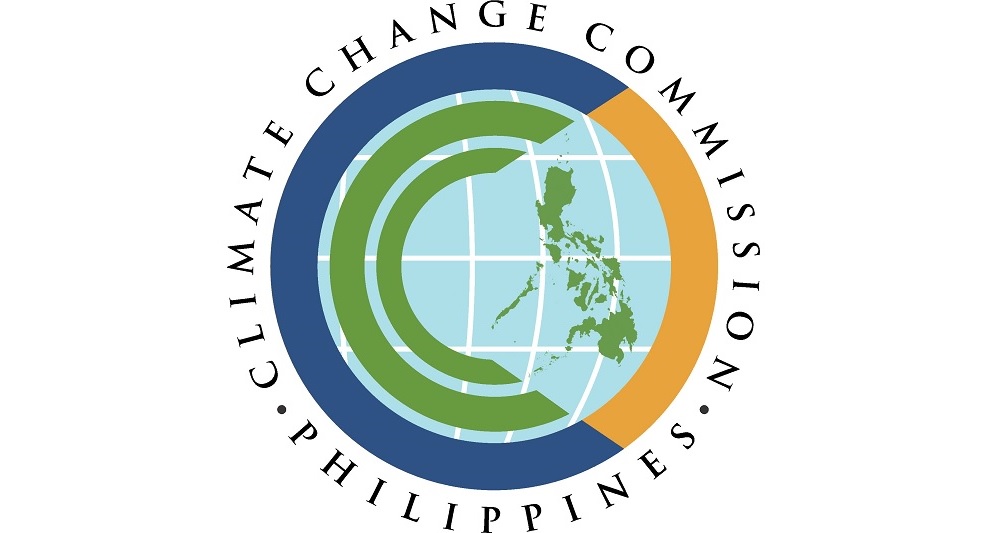

With the increased frequency and severity of extreme weather events like drought, flood and storms, heat stress, increasing vector-borne diseases and sea level rise[1], climate change is a health issue of today and of the future. As the World Health Organization (WHO) summarized: “Climate change is much more than an environmental issue. It poses a serious threat to our health and survival. It impacts all of us, no matter where we live.”[2]
Pursuant to RA 9729, as amended, the Climate Change Commission, having acknowledged the significant role of the hospital sector and health workers, has been initiating dialogues to address the health impact of climate change and mitigation through policies and practices that contribute to reductions in greenhouse gas emissions since 2017. The initiative engaged the health sector towards making hospitals energy-efficient and climate change resilient, among others.
The Department of Health (DOH), through the Health Facilities and Infrastructure Development Team, has been an active partner in the said initiative, along with other stakeholders, including the Philippine Hospital Association, Philippine Medical Association, Private Hospital Association of the Philippines, Philippine College of Hospital Administrators, Association of Hospital Administrators in the Government Service, and the private sector.
The series of dialogues and consultations resulted in increased understanding of why hospitals need to be green, and interest in the development of climate-smart hospitals. Partners realized the urgency of addressing the climate change challenge and committed to individually and collectively act “towards securing a balanced ecology, sustainable environment and progressive communities for future generations”.
At the DOH National Staff Meeting held in Iloilo City on 27 October 2017, an agreement was reached to integrate climate change policies into public health programs and to adapt safe and green hospital standards and include the same in the budget.